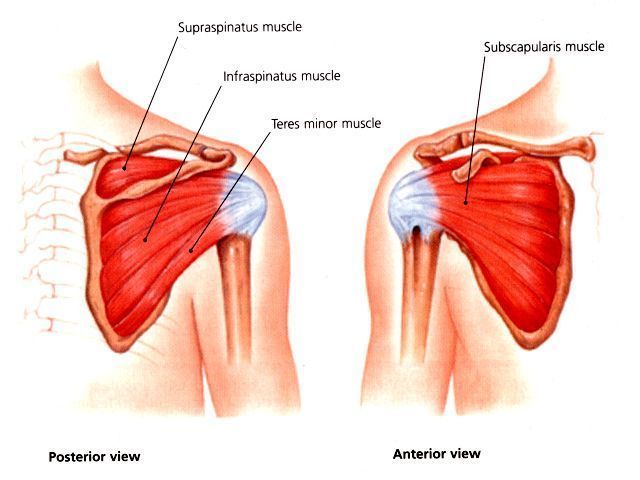How many calories does that bad night’s sleep cost you?
How Many Calories Does That Bad Night’s Sleep Cost You?
In recent years, adequate sleep has emerged as a third pillar, along with exercise and healthy eating, as a way to help control weight. While more research is needed to explore the links between chronic sleep loss and health, the importance of sleep is already well established.
It is a restorative process. It helps the brain commit new information to memory. Sleep loss has an effect on mood. It may result in irritability, impatience, inability to concentrate, and moodiness. Serious sleep disorders have been linked to high blood pressure, increased stress hormone levels, and irregular heartbeat. Sleep deprivation alters immune function, including the activity of the body’s killer cells. Keeping up with sleep may also help fight cancer. Sleep deprivation contributes to a greater tendency to fall asleep during the daytime. These lapses may cause falls and mistakes such as medical errors and road accidents.
But have you ever noticed that the less you sleep, the more hungry you feel the next day? New research published in the European Journal of Clinical Nutrition has allowed researchers to put a number on the average surplus calories consumed by sleep deprived individuals. This is one of the first times that researchers have been able to calculate the actual caloric impact on insufficient sleep.
The authors examined the results of a number of studies, in which subjects included 172 people ages 18 to 50, both male and female, who were either normal weight, overweight, or obese. All of the studies included control groups of people who did get enough sleep – 7 to 12 hours in bed at night. People in the sleep deprived groups logged between 3½ to 5½ hours in bed.
The researchers found that the sleep deprived consumed an average of 385 calories extra per day. To put this into context, it is nearly a fifth of the energy requirements of the average moderately active 30 year old woman.
In previous studies, researchers speculated that a lack of sleep had an impact on hormones related to hunger, such as leptin and ghrelin, which resulted in a tendency to overeat when in a sleep deprived state. However the researchers of this study believe that the reason people overeat may be more “hedonic,” in nature. In other words: tired people overeat because they’re seeking pleasure.
A weakness in the review is that none of the studies lasted more than two weeks, making it impossible to definitively say whether the extra calories caused weight gain. This is an area of further study the authors are involved in.
BSc (Hons) Sport and Exercise Science, MSc. ANutr.




